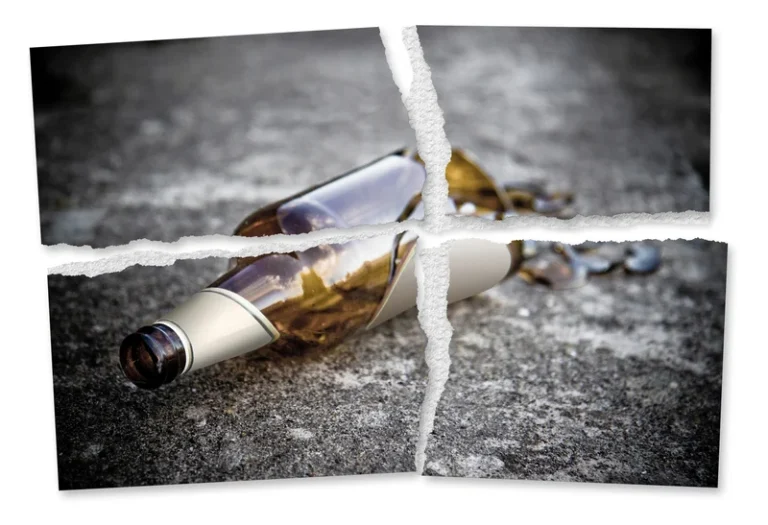
The authors concluded that the blackouts were caused by an inability to transfer information from short-term to long-term memory when blood alcohol levels were rising. The results were published in the Quarterly Journal of ptsd alcohol blackout Studies on Alcohol. For most people, binge-drinking large amounts of alcohol causes them to black out.
- You can recover from an alcohol blackout by drinking water and beverages containing electrolytes, such as sports drinks.
- The memory and learning impairment caused by chronic alcohol intake may not be reversible.
- Unlike conditions such as dementia or amnesia, anxiety-induced memory loss is typically temporary and specifically related to periods of intense stress or anxiety.
Understanding Psychotic Depression vs Bipolar Disorder: A Comprehensive Comparison
- The degree of impairment increases along with the level of alcohol intake.
- Our writers include physicians, pharmacists, and registered nurses with firsthand clinical experience.
- Learn how these common therapies can help you manage migraine.
- Blackouts can also damage relationships in ways the person will never be able to recall.
Nausea and/or vomiting is just one of many symptoms a person living with migraine might experience. Because migraine is a highly nuanced disease, it is important to learn about all possible symptoms that may appear before, during or after a migraine attack, including less common ones such as aura. Alternative migraine therapies can work alongside traditional treatments to reduce migraine attack frequency and lessen the impact of symptoms. It’s important to stay updated on the latest migraine research and treatment strategies. The American Migraine Foundation Resource Library provides a wealth of articles designed to assist you in understanding your symptoms and treatment options. A migraine attack has four phases (prodrome, aura, headache and postdrome).

Stress-Induced Memory Loss: The Phenomenon of Anxiety Blackouts
Brain tumors can cause headaches and physical problems, but they can also affect our memory and personality at times. Depending on the severity and type of tumor, treatment can often relieve these symptoms. Similar to pregnancy, the hormonal changes in menopause can bring chaos to thought processes and disturb sleep, which also impacts your cognitive processes. Some physicians prescribe hormonal supplements or other treatments to relieve the temporary symptoms of menopause. Concussions and traumatic head injuries can cause short-term memory impairment, but some research has found that they can also increase the likelihood for the development of dementia over the years.

Is It Alzheimer’s or Another Kind of Dementia?

Unaddressed anxiety can get worse and have an even greater effect on memory and concentration over time. Once you realize you’ve forgotten some important things, you might even start to wonder whether something serious is going on. And you might begin to fixate on those concentration and memory issues. Your worries might occupy your thoughts to the point where you can’t seem to escape them, even when you try. Worry and distress might eventually become repeating background tracks for your day.
Implementing anxiety management strategies, such as cognitive-behavioral therapy and relaxation techniques, can help reduce anxiety levels and alleviate the impact on memory. Stress reduction techniques, such as mindfulness meditation and exercise, can also play a significant role in improving memory function and overall mental well-being. Managing stress levels and implementing anxiety management strategies are crucial in preserving memory function.
Blackouts (Memory Time Loss), Dizziness, Fainting And Lightheadedness
Support from family, friends, and support groups is invaluable for individuals dealing with bipolar blackouts. Understanding bipolar disorder in older adults is particularly important, as the condition may present differently in this population and require specialized support. Understanding bipolar decompensation is also crucial in preventing severe episodes that may lead to blackouts. Recognizing https://ecosoberhouse.com/ early warning signs and implementing coping strategies can help maintain stability and reduce the risk of dissociative episodes. Proper medication management is crucial for controlling bipolar symptoms and reducing the frequency of blackouts. Mood stabilizers, antipsychotics, and other medications may be prescribed to help regulate mood and prevent extreme episodes that could lead to blackouts.

- You and your doctor can work together to find the best way to prevent and treat your migraine symptoms.
- The first step in managing bipolar blackouts is to consult with a mental health professional specializing in bipolar disorder.
- For example, someone may decide to write a letter to a friend but forget what they are doing 10 seconds later when they have a pen in hand.
- Our Move Against Migraine support group is a place for you to connect with others (via Facebook) who live with migraine to exchange stories and find community and support.
- For those experiencing anxiety blackouts or related symptoms, it’s important to remember that help is available.
By Julie NguyenJulie Nguyen is a certified relationship coach and mental health and sexuality writer. Her writing explores themes around mental well-being, culture, psychology, trauma, and human intimacy. Having a strong network of people who validate your experience and support you on the good days and bad is so valuable when you live with an invisible illness like migraine. If you’re interested in Sober living home connecting with more people in the migraine community, we recommend joining our Facebook support group, Move Against Migraine.

